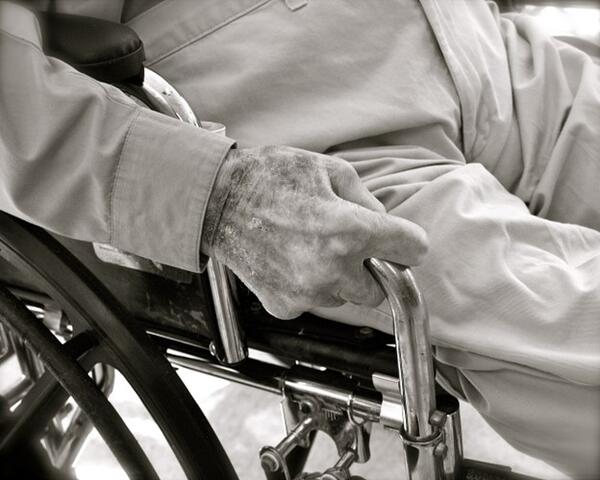
Top 6 Technological Advancements in Senior Medical Care
Getting proper medical care shouldn't be a headache. Yet many seniors struggle with basic things like getting to doctor's appointments, keeping track of medications, or even calling for help when they fall.
New tech is fixing these problems and improving healthcare for older adults and their families.
Smart Tech is Making Doctor Visits Easier Than Ever
Do you remember how the wait times at the doctor's office seemed to stretch on forever? That is no longer true. Many older adults now routinely use video chats with their doctors. By utilizing these safe applications, patients may communicate with their doctors about troubling rashes, drug side effects, and symptoms and receive prompt guidance. Clinics are enhancing their medical oncology billing systems to handle these virtual consultations without a hitch, even for complex cases like cancer treatment check-ups.
In addition, they're saving money and reducing travel hassles; most seniors report a 33 percent reduction in healthcare expenditures after transitioning to virtual appointments.
Health Trackers That Make Sense
Health trackers used to be confusing gadgets that collected dust in drawers. The new ones are different. They're like having a mini health team on your wrist. The latest models can spot irregular heartbeats before they become dangerous, detect falls automatically, and even measure blood oxygen levels - crucial for seniors with heart or lung problems. The best part? They're super simple to use.
One tap shows all your important health info, and they can call for emergency help. Doctors love them, too - they get accurate health data instead of relying on memory during checkups. These devices have reduced emergency hospital visits by 40% for seniors using them.
Your House Can Now Be Your Safety Net
Forget those "I've fallen and can't get up" commercials. Today's smart homes do way more than call for help. Motion sensors can tell if someone's walking differently (a sign they might fall soon) or if they haven't moved much all day (which could mean they're sick).
Voice commands let seniors control everything from lights to thermostats to door locks, even when arthritis makes buttons hard to press. But here's what's cool: these systems learn normal patterns. If Mom usually makes coffee at 7 AM but hasn't today, the family gets a heads-up to check in.
Taking the Stress Out of Medicine Management
Pills at breakfast, different at lunch, some with food, others without - keeping track of medications is like solving a daily puzzle. Smart pill dispensers are changing this game.
They're like personal pharmacists: they light up when it's time for meds, only open the right compartments, and ping your phone if you miss a dose. Some even connect directly to pharmacies for automatic refills.
Digital Health Records That Work Together
The days of hauling medical paper files between physicians are long gone. These days, modern health systems rely on linked digital records that everyone - including physicians, experts, and chemists - can see. Every new test result or prescription modification comes up right away.
For cancer patients, this means their oncologist, radiologist, and primary doctor are always on the same page. Even better, seniors and their families can log in to see upcoming appointments, test results, and care instructions in plain English.
AI Assistants That Make Sense
Robots in senior care aren't the humanoid helper's sci-fi promise. Instead, they're practical tools that fill gaps when human caregivers are busy. Imagine smart displays that assist seniors in keeping track of their meetings, guide them through gentle exercises, or enable them to video chat with their grandkids. The newest models can respond to basic health inquiries or call for emergency help.
Why This All Matters
It's not just about the newest devices; it's also about improving elderly citizens' quality of life and enabling them to exercise greater autonomy. When all these technologies cooperate, they provide a safety net that facilitates early identification of health problems and simplifies care management.
Older adults using these integrated systems usually maintain their independence for about two more years than those who don’t have access to them.
They have fewer falls, are more consistent with their medication, and feel more confident in managing their health. Families feel more comfortable, knowing that different kinds of protection and support surround their loved ones.